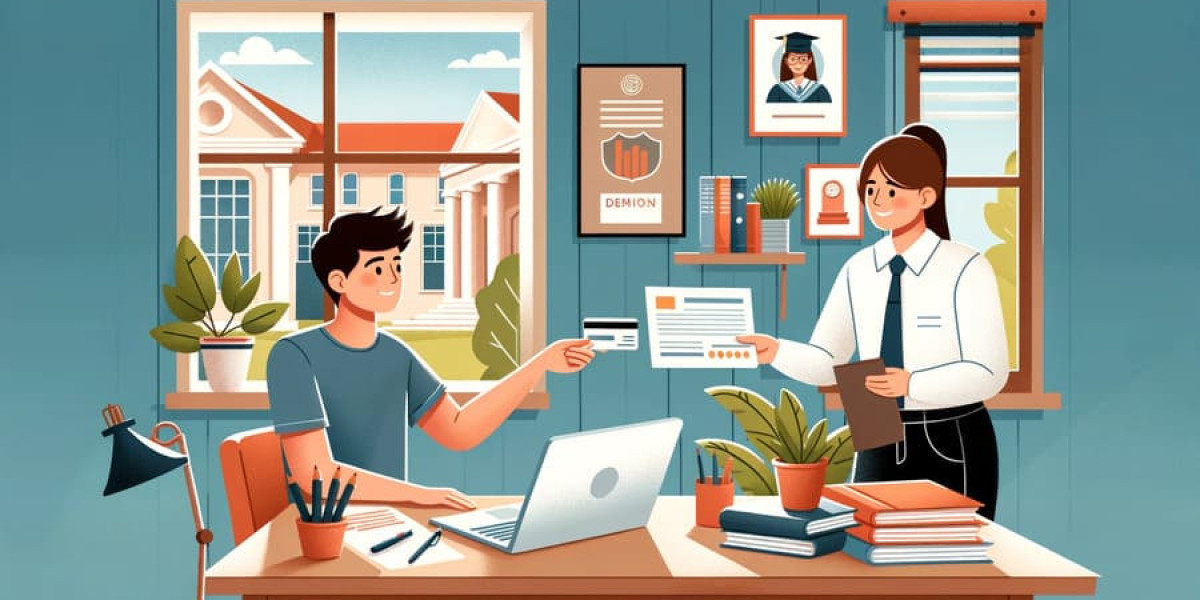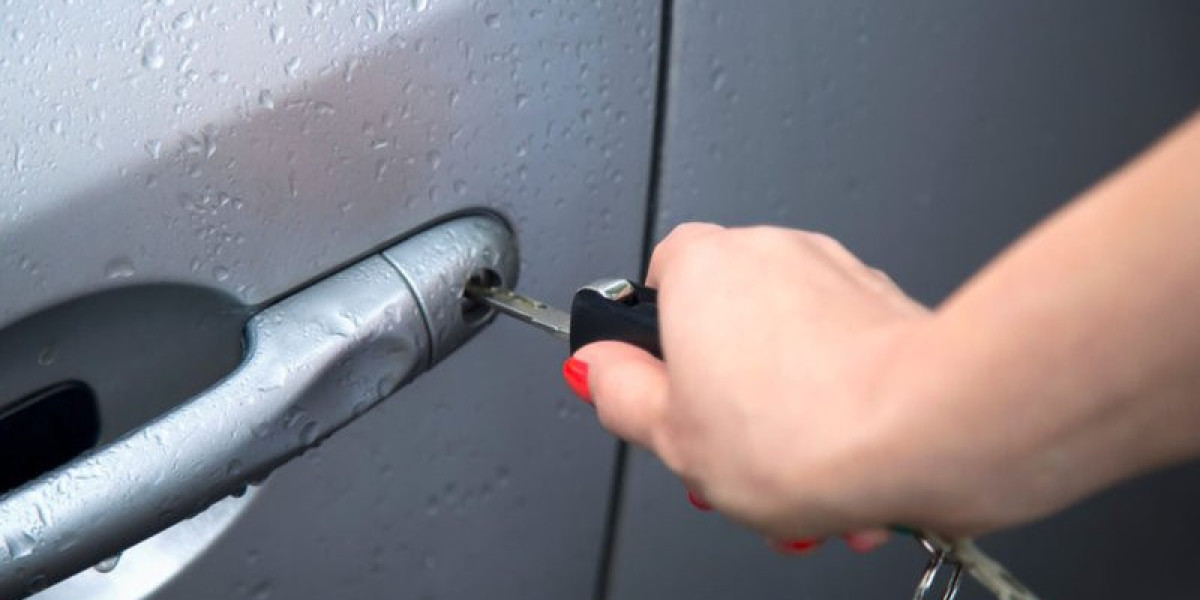Rescue dogs often come from challenging backgrounds, making them more susceptible to anxiety and stress. Effective rescue remedy for dogs is essential for ensuring their well-being and helping them adjust to a new environment. These solutions range from natural treatments like herbal supplements and essential oils to over-the-counter products like calming collars and anxiety vests. Professional interventions, including behavioural therapy and prescribed medication, can also be vital for more severe cases. Understanding and addressing the unique needs of your rescue dog can make a significant difference in their life, fostering a smoother transition and a happier, healthier pet.
Overview of Everyday Situations Where Remedies Can Be Helpful
Rescue remedies for dogs can be invaluable during various situations that provoke anxiety. Relocating to a new home can be daunting, causing unease and fear. Loud noises such as fireworks or thunderstorms are frequent distress triggers, especially in sensitive dogs. Interactions with new family members or other pets may increase stress as the dog adjusts to the unfamiliar social dynamic. Additionally, visits to the vet or groomer often involve unfamiliar environments and procedures that can exacerbate anxiety. These remedies can provide comfort and stability during such unsettling experiences, promoting your rescue dog's sense of security and well-being.
Identifying Stress and Anxiety in Dogs
Dogs often display a range of behaviors when feeling anxious or stressed. One of the most common signs is excessive barking, indicating that your dog feels threatened or uneasy. Panting, trembling, or hiding are also frequent indicators of anxiety. In addition to these physical signs, you may notice changes in your dog's behaviour. For example, they might become more aggressive, exhibit destructiveness by chewing furniture, or experience a loss of appetite. Unusual clinginess or restlessness can also indicate your dog struggles with stress. Monitoring these behaviors closely will enable you to understand when your dog might need additional support. Early detection of anxiety symptoms can make a significant difference in addressing your dog's needs effectively.
Natural Rescue Relief for Dogs
Anxiety in dogs can manifest in various ways, from excessive barking and pacing to destructive behavior and restlessness. While traditional medications are available, many pet owners seek natural remedies to calm their furry companions gently and effectively. Natural rescue relief for dogs such as herbal treatments and essential oils can help ease anxiety while ensuring the dog's well-being.
Herbal Solutions for Canine Anxiety
Herbs such as chamomile and valerian root have long been used for calming effects on humans and animals. These herbs relax the nervous system and promote a sense of ease. They can be administered in different forms:
- Chamomile Tea—to promote relaxation, a small amount of cooled, diluted chamomile tea can be added to your dog's water bowl or food.
- Valerian Root Supplements – Valerian root is commonly available in capsule or liquid form and can help dogs experiencing separation anxiety or noise phobias.
- Passionflower Extract – This herbal remedy helps regulate neurotransmitters in the brain, reducing anxiety and restlessness in dogs.
Before introducing any herbal treatment, it is essential to consult with a veterinarian to determine the correct dosage and ensure safety.
The Benefits of Essential Oils
When used correctly, essential oils can have a calming effect on anxious dogs. Popular options include:
- Lavender Oil – Well-known for its relaxing properties, lavender can be diffused in the air to create a peaceful atmosphere for your pet.
- Chamomile Oil – Like the herb, chamomile essential oil is soothing and can help ease tension and nervous energy in dogs.
When using essential oils, it is crucial to dilute them properly and never apply them directly to a dog’s skin without guidance from a veterinarian. One safe method is to place a drop of diluted oil on a bandana or bedding to provide gentle aromatherapy.
Creating a Tranquil Environment
Beyond herbal and essential oil remedies, the overall environment plays a significant role in reducing anxiety. A quiet space with comfortable bedding, calming music, and familiar scents can help dogs feel more secure. Maintaining a consistent routine and incorporating regular exercise also contributes to stress relief.
A Gentle Approach to Canine Anxiety
Natural remedies offer a holistic way to manage anxiety in dogs without the use of harsh chemicals. Whether through herbal teas, supplements, or aromatherapy, these methods provide a gentle yet effective way to promote relaxation and well-being in your pet. Always observe your dog’s response to any remedy and consult a professional for the best approach to your dog's needs.
Over-the-Counter Solutions
Various over-the-counter solutions are available to help manage your rescue dog's anxiety. Products such as calming collars, anxiety vests, and pheromone diffusers are popular. These items are designed to provide comfort and reduce stress in a convenient manner. Calming collars typically release pheromones that mimic those produced by nursing mother dogs, which can have a soothing effect on your pet.
Anxiety vests work by applying gentle, constant pressure to your dog’s torso, which can be reassuring during stressful situations. Pheromone diffusers can be placed in the home to create a calming atmosphere. While these solutions can be effective, it's essential to consider their pros and cons. Each dog may respond differently to these products, so observing your dog's behaviour and adjusting your approach as needed is essential. Constantly monitor your dog's reaction to any new product and consult a vet if you have concerns.
Creating a Safe Environment
Ensuring your home is a haven for your rescue dog reduces their anxiety. Provide a designated quiet space where your dog can retreat during moments of stress. Incorporate familiar items such as toys, blankets, and beds to create a sense of security. Introducing soothing sounds like calming music or white noise can enhance the relaxing atmosphere. Maintain a consistent routine, including regular feeding and exercise times, to offer predictability and stability.
Avoid loud noises and chaotic environments that might overwhelm your dog. Like pheromone diffusers, scent-based comforts can also contribute to a tranquil setting. By tailoring your living space to accommodate your dog’s needs, you can significantly alleviate their stress and help them feel more at ease in their new home.
When to Consult a Professional for Rescue Remedy Dog Rescue
If your rescue dog's anxiety remains unmanageable despite trying various remedies, it might be time to seek professional assistance. Signs that indicate the need for expert help include persistent aggression, self-harm, and extreme fearfulness that interferes with daily life. These behaviours often require a tailored approach that a professional can provide. Consulting a vet is a good starting point; they can rule out any underlying medical conditions contributing to your dog's stress.
Animal behaviorists specialize in understanding and modifying problematic behaviors in pets. They can develop customised plans that address the root causes of your dog's anxiety. These plans often involve specific training techniques designed to desensitize your dog to stressors and teach them coping mechanisms. In some cases, behavioural therapy may need to be supplemented with medication prescribed by a vet. This is particularly true for dogs whose anxiety is severe enough to impact their overall well-being.
It’s essential to act promptly if you notice your dog’s anxiety escalating despite your efforts. Delaying professional intervention can prolong your dog’s distress and potentially worsen the problem. Always consult experts experienced in dealing with rescue remedy dog rescue, as they will have the specialized knowledge required to offer the best care for your pet.
Options for Professional Intervention and Therapy
The professional intervention provides targeted support for rescue dogs experiencing anxiety. Behavioral therapy is standard; experts use desensitization techniques to reduce fear and stress responses. This often involves gradual exposure to anxiety triggers in a controlled manner, helping your dog build tolerance over time. Additionally, professionals may employ counterconditioning, teaching your dog to associate positive outcomes with previously stressful situations.
In cases where behavioural therapy alone is insufficient, veterinary-prescribed medication can offer significant relief. Anti-anxiety medications or supplements may be recommended to help manage severe symptoms, allowing your dog to respond more effectively to other therapeutic measures. It is important to work closely with your vet to monitor the effects and adjust dosages as needed.
Animal behaviourists provide valuable insights into the underlying causes of anxiety, crafting tailored plans that address your dog's specific needs. These plans often include training exercises, environmental modifications, and routine adjustments to foster a more secure and stable atmosphere.
Consulting a professional ensures a comprehensive approach to your dog’s well-being, addressing immediate symptoms and long-term behavioral patterns. With expert guidance, you can better understand and manage your dog's anxiety, significantly enhancing their quality of life.
Conclusion
Managing the anxiety of rescue dogs involves a combination of natural, over-the-counter, and professional rescue remedy for dogs. Recognizing the signs of stress, such as excessive barking, trembling, and changes in behavior, allows for timely intervention. Creating a safe environment with familiar items and consistent routines can significantly ease their transition. Each dog is unique, requiring a tailored approach to find the most effective remedies. Patience and consistency are essential in helping your rescue dog overcome anxiety and thrive in their new home.
FAQS
Q1: Can I use essential oils directly on my dog's skin?
A1: Essential oils should always be diluted before application and never applied directly to your dog's skin. Undiluted oils can cause irritation or adverse reactions. It's best to consult a vet to ensure proper usage and dilution ratios. Additionally, some oils are toxic to dogs, so professional guidance is crucial.
Q2: Are calming collars safe for all dogs?
A2: While calming collars are generally safe, monitoring your dog for any signs of discomfort or allergic reactions is essential. If your dog experiences redness, itching, or behavioural changes, remove the collar immediately and consult a vet. Each dog is different, and what works for one may not work for another, so close observation is key.
Q3: How long does it take for natural rescue remedy for dogs to show effects?
A3: Natural rescue remedy for dogs may take some time to show effects, often requiring consistent use over a few days to weeks. Patience is essential, as these treatments work gradually to alleviate anxiety. If there's no noticeable improvement after a reasonable period, consult a professional to explore other options.
Q4: What should I do if my dog refuses herbal supplements?
A4: If your dog is reluctant to take herbal supplements, try disguising them in their favourite treats or mixing them with their food. Liquid supplements can often be combined with wet food for easier administration. If all else fails, consult your vet for alternative methods or different formulations that might be more palatable for your dog.
Q5: Are there any side effects to using over-the-counter anxiety solutions?
A5: Over-the-counter anxiety solutions are generally safe but can sometimes cause side effects such as drowsiness, gastrointestinal issues, or mild skin reactions. Always follow the manufacturer's guidelines and monitor your dog for adverse reactions. If side effects occur, discontinue use and consult your vet for further advice.
Q6: When should I seek professional help for my dog's anxiety?
A6: If your dog's anxiety remains unmanageable despite trying various remedies, it's time to seek professional assistance. Signs such as persistent aggression, self-harm, and extreme fearfulness indicate the need for expert intervention. Consulting a vet or animal behaviorist can provide tailored strategies to address your dog's needs and ensure their well-being.
Related Business Listings |







